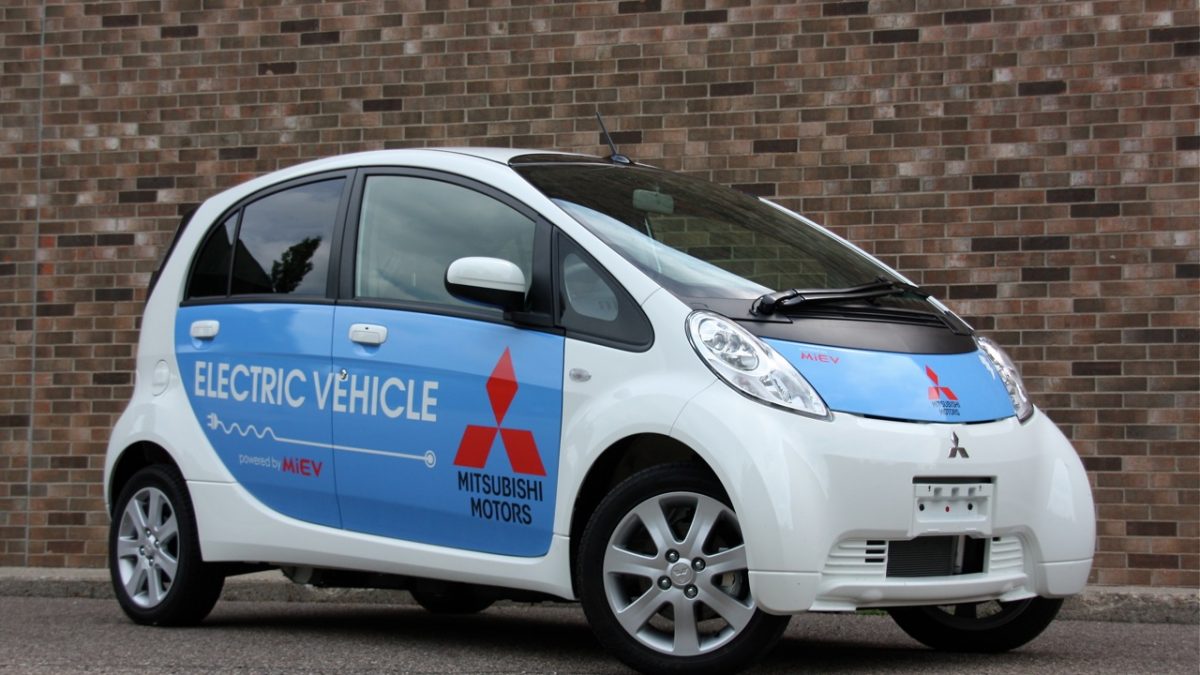
Evolving Aerospace Trends in the Asia-Pacific Region: Implications for Stability in the Taiwan Strait and Beyond
May 27, 2010
A Sino-Pakistan Nuclear Deal?
June 8, 2010By: Project 2049 Institute |
As thousands of Japanese lined up to buy Japan’s first mass-market electric vehicle, Mitsubishi’s iMev, the electric vehicles market is looking up. Japan has set a goal for electric and hybrid cars to account for 50% of new car sales by 2020. This target will help Japan reduce its reliance on foreign oil from 40% to 30% of its overall energy use and to reduce greenhouse gas emission by 25% from its 1990 level.
While this reduces Japan’s dependency on oil and encourages energy efficiency, it amplifies reliance on another strategic resource: lithium. Critical for producing the lithium-ion batteries for electric vehicles, the burgeoning demand could create new geopolitical tensions.
The known global reserve of lithium is estimated to be nearly 30 million tons and more than half are in Bolivia. With lithium demand forecasted to outstrip supply in 2015, major consumers Japan and China have been stepping up their efforts to woo Bolivia. To date, they have enhanced diplomatic engagement as well as provided aid and military equipment. Thus far, Japan appears to be leading the race, securing guaranteed access to Bolivia’s lithium in exchange for power plants and solar power technology.
Japan’s electric vehicles ambition can potentially alter the dynamics of global demand for rare earth elements, as neodymium and dysprosium are also used to make the magnets for electric motors used in these vehicles. This could also create friction with China, currently the world’s largest supplier. Although China produces about 95% of the rare earth metals, it is also boosting its imports to bolster domestic stockpiles, in part for their own goal of producing 500,000 electric cars by 2011.
Banking on the strategic nature of the automotive industry, the Japanese government has made securing rare metals supply a priority to maintain the competitive edge of Japanese car and electronics companies. Recently, this has included exploring the seabed in their Exclusive Economic Zone (EEZ) in the East China Sea, an ongoing trouble spot for Japan and China due to unresolved disputes over territorial claims and resource deposits in the area. Although a bilateral agreement on joint exploration was reached in 2008, disagreements remain over operationalizing the cooperative project and dividing the profits. The thirst for rare earths may thus add another dimension to the already complicated and unresolved disputes.
Japan’s rare earth metals procurement is also viewed through a global lens; to date, it has explored mining projects in South Africa and Kazakhstan. China has welcomed these efforts as new commercially viable sources may allow them to broaden their own supply base, particularly if demand outstrips domestic production in the future. Furthermore, greater diversification in the international market can help avoid dangerous price spikes that could potentially trigger resource competitions.




